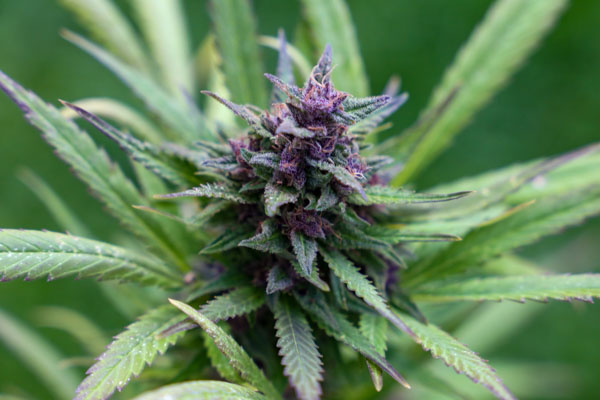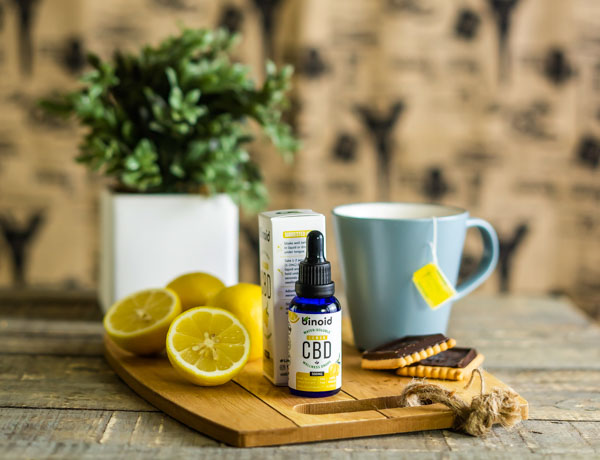Happy National Hemp Day!! Today, when I’m writing this blog post, is February 4th, which is also National Hemp Day. So, let’s chat about it!
What is Hemp

It is a variety of the Cannabis sativa plant that is grown for industrial purposes. Unlike marijuana, which is another variety of the same plant, it has exceptionally low levels of tetrahydrocannabinol (THC). THC is the psychoactive compound that causes the “high” associated with cannabis. Hemp has elevated levels of cannabidiol (CBD). CBD is a non-psychoactive compound that has been shown to have various health benefits. Benefits such as reducing seizures, pain, inflammation, anxiety, and depression.
Many popular products are made from hemp. Here are commonly known ones:

- Oil: Oil is extracted from the seeds of the hemp plant and contains essential fatty acids, antioxidants, and minerals. Hemp oil is useful as a dietary supplement, a cooking oil, a moisturizer, or a carrier oil for CBD products.
- CBD oil: This oil is extracted from the flowers and leaves of the hemp plant and contains high concentrations of CBD and other cannabinoids. CBD oil is used as a therapeutic product to treat various conditions, such as epilepsy, arthritis, insomnia, and anxiety.
- Fiber: It comes from the stalks of the hemp plant and can be the base product for making textiles, paper, rope, clothing, and bioplastics. The fiber is durable, biodegradable, and environmentally friendly.
- Hemp seeds: They are edible seeds that are rich in protein, fiber, omega-3 fatty acids, and minerals. They can be eaten raw, roasted, or ground in flour or butter. Hemp seeds can also be used to make hemp milk, a dairy-free alternative to cow’s milk.
Health Benefits
Hemp seeds are one of the most nutritious foods on the planet. They contain all nine essential amino acids, which are the building blocks of protein that our bodies cannot produce on their own. They also provide a good balance of omega-3 and omega-6 fatty acids, which are essential for heart health, brain function, and skin health. Some of the specific health benefits include:
- Lowered risk of heart disease: Hemp seeds may lower blood pressure, cholesterol, and inflammation, which are all risk factors for cardiovascular disease. Seeds also contain arginine, an amino acid that produces nitric oxide, a molecule that relaxes blood vessels and improves blood flow.
- Reduced symptoms of PMS and menopause: Seeds are a natural source of gamma-linolenic acid (GLA), a type of omega-6 fatty acid. Acid that may help regulate hormone levels and ease symptoms of premenstrual syndrome (PMS) and menopause. GLA may reduce breast tenderness, mood swings, bloating, and depression associated with hormonal changes.
- Improved digestion: Hemp seeds are high in both soluble and insoluble fiber, which can help improve bowel movements, prevent constipation, and feed the beneficial bacteria in the gut. Fiber also helps regulate blood sugar levels and lower cholesterol levels.
- May help to reduce eczema: Hemp oil, which is extracted from hemp seeds, is rich in essential fatty acids that can moisturize and nourish the skin. Hemp oil may also have anti-inflammatory and anti-bacterial properties that can help reduce symptoms of eczema, such as itching, redness, and dryness.
Popular Uses
Hemp is not only a nutritious food but also a versatile material that can be used for various purposes. Some of the common uses include:
- Food: Hemp seeds can be eaten raw, roasted, or ground into flour or butter. They can also be pressed into oil or made into milk or protein powder. They have a mild nutty flavor and can be added to salads, smoothies, granola bars, baked goods, and more.
- Textiles: Hemp fibers are strong, durable, and resistant to mold and pests. They can be spun into yarn or woven into fabrics for clothing, bedding, towels, carpets, and more. These fabrics are also breathable, absorbent, and biodegradable.
- Paper: Hemp fibers can also be used to make paper that is stronger and more eco-friendly than wood pulp paper. This paper can be used for books, magazines, newspapers, packaging materials, and more.
- Building materials: Hemp fibers can be mixed with lime or other binders to create hempcrete, a concrete-like material that can be used for insulation, flooring, walls, roofing, and more. Hempcrete is lightweight, fire-resistant, pest-resistant, and carbon-negative. It can also regulate temperature and humidity in buildings.
- Biofuel: Hemp oil can be converted into biodiesel or ethanol that can power vehicles or generators. Hemp biofuel is renewable, biodegradable, and less polluting than fossil fuels. It can also reduce dependence on foreign oil sources.
Hemp Crop Management
Hemp is a versatile crop that can be used for various purposes, such as food, fiber, fuel, and medicine. However, growing hemp also comes with some challenges, such as complying with regulations, optimizing yields, and managing pests and diseases. That’s why hemp growers should try AgNote’s farm management software, a powerful tool that helps them monitor and improve their production. AgNote’s software allows growers to track their crop’s health, growth, and quality using satellite imagery, sensors, and drones. It also provides them with actionable insights and recommendations based on data analysis and artificial intelligence. With AgNote’s software, growers can save time, money, and resources, while increasing their profitability and sustainability. Register for a free seven day trial today!